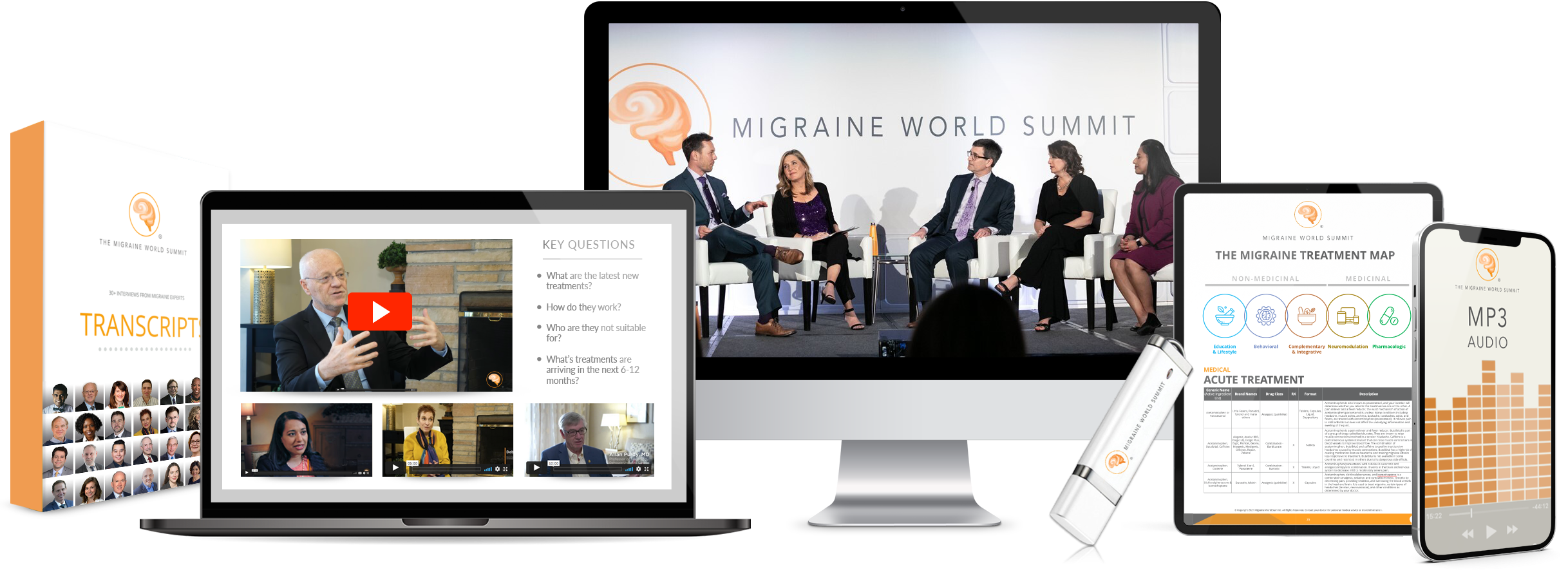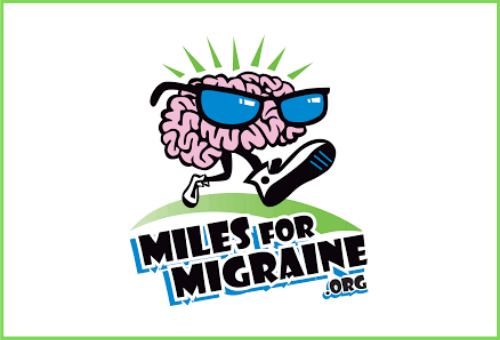Balancing Risks & Benefits of Migraine Treatments
You are currently watching a preview of this interview. Unlock the full version by upgrading to an Access Pass bundle! Get FREE access to 8 expert interviews from Day 1 and Day 2 when you register today!
Key Questions
- What are the potential risks and benefits associated with migraine treatments?
- What treatment options exist for managing migraine disease?
- To what degree do nonpharmacological approaches, such as lifestyle changes, contribute to migraine treatment?
- Is the use of triptans safe for individuals aged 65 and older?
- Who should not use triptans?
- Do all migraine medications carry an equal likelihood of causing side effects?
- Is there a genetic component to migraine disease?
- What safety data is available for CGRP-targeted medications?
- What is known about the long-term use of older medications?
- How can we achieve the optimal balance between the benefits and side effects of migraine medications?
Interview Notes
- Amaal J. Starling, MD
- American Headache Society (AHS)
- American Migraine Foundation
- American Academy of Neurology
- Headache On the Hill
- Miles For Migraine
- AHS Advocacy Committee
- AHS Diversity, Equity, & Inclusion (DEI) Task Force
Treatments Mentioned
- Aerobic exercise
- Amitriptyline
- Biobehavioral treatments
- CGRP monoclonal antibodies (mAbs)
- CGRP small-molecule receptor antagonists (gepants)
- Ditans (5HT1F receptor agonists)
- Gabapentin
- Lifestyle modifications
- Neuromodulation devices
- OnabotulinumtoxinA (Botox)
- Propranolol
- SEEDS (Sleep, Exercise, Eating, Diet, & Stress Management)
- Topiramate (Topamax)
- Triptans
- Venlafaxine (Effexor XR)
- Zavegepant (Zavzpret)
Please note: The Migraine World Summit’s aim is to bring you a variety of perspectives and expertise, independent of bias or judgment. Alternative theories presented in this video have not been medically reviewed. Views expressed in this interview do not necessarily represent the views of the Migraine World Summit. Please always consult your health care professional and do your own research before making changes to your treatment plan.

Amaal J. Starling, MD, FAHS, FAAN
Neurologist
Mayo Clinic, Arizona
Dr. Amaal J. Starling is an associate professor of neurology at the Mayo Clinic College of Medicine. She joined the Mayo Clinic in 2012 and is currently a consultant within the Department of Neurology. Dr. Starling received her medical degree from the Drexel University College of Medicine in Philadelphia. She completed a transitional year residency, a neurology residency, and a headache fellowship at the Mayo Clinic College of Medicine in Scottsdale, Ariz.
Dr. Starling is an active member of numerous migraine advocacy organizations, including the American Headache Society (AHS), the American Migraine Foundation, and the American Academy of Neurology (AAN). She is also involved in events supporting migraine, including Headache on the Hill, Miles for Migraine, and the Alliance for Headache Disorders Advocacy. Dr. Starling is currently serving on the AHS Board of Directors and is the chair of the AHS Advocacy Committee and a member of the AHS Diversity, Equity, and Inclusion Taskforce. Dr. Starling has been the recipient of numerous awards, including the AHS Above and Beyond Award for Service, Manfred D. Muenter Award for Excellence in Clinical Neurology, the AAN Annual Meeting Residency Scholarship, the 2012 Spirit of Mayo Clinic Award, and the Mayo Brothers Distinguished Fellowship Award.
Dr. Starling has authored numerous peer-reviewed publications and abstracts related to her fields of interest, which include migraine, concussion, post-traumatic headache, neuromodulation, and telemedicine. Dr. Starling’s hope is that her research and advocacy will advance care for people with migraine, post-traumatic headache, and other headache disorders. She envisions a future in which all people with headache disorders receive personalized, effective, and well-tolerated treatment options to improve their quality of life.
Interviews from Amaal J. Starling, MD, FAHS, FAAN
SEEDS Natural Method for Migraine Control
Treatment Spotlight: Drug-Free Devices
When Nothing Works: Treatment-Resistant Chronic Migraine
How Can You Stand Up Against Migraine?

Get all the 2025 interviews, videos, audio, transcripts, and more. Why upgrade?
- Can’t attend live? Watch anytime
- Prefer reading or listening? Get transcripts and audio
- Want to dive deeper? Explore the additional footage & resources
- Need ongoing support? Reference expert advice year-round
- Lifetime access to 2025, no annual fee
Related Talks for: Day 3 (2024)
Supplements & Foods That Ease Migraine
Robert Bonakdar, MD
Is Migraine a Brain Energy Problem?
Elena Gross, PhD
Migraine FOMO: Are You Missing Out?
Katie MacDonald
Miles for Migraine is a registered 501(c)(3) nonprofit organization with the mission of improving the lives of people with migraine and other headache disorders, and their families, by raising public awareness about this disease, and helping to find a cure. Miles for Migraine produces fun walk/run events, typically a 2-mile walk and 5K and 10K races to raise money for migraine research. We also host adult education days, and a youth program for kids and teens impacted by migraine and other headache disorders.
Lilly unites caring with discovery to create medicines that make life better for people around the world. We’ve been pioneering life-changing discoveries for nearly 150 years, and today our medicines help more than 51 million people across the globe. To learn more, visit Lilly.com and Lilly.com/newsroom or follow us on Facebook, Instagram, and LinkedIn.

You're not alone. All of us know someone who could benefit from these expert insights. Invite a friend, family member, caregiver, co-worker or health care provider to watch this year. Give the gift of health with an All Access Pass. Sharing is caring!







